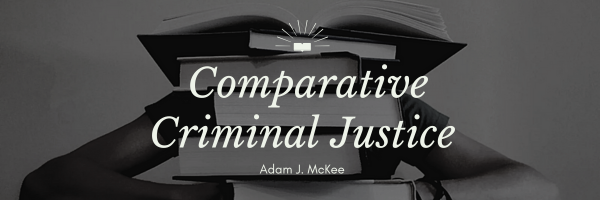The United Kingdom’s legal system is one of the oldest and most influential in the world, serving as the foundation for legal traditions in many countries, including the United States, Canada, and Australia. At its heart lies the common law tradition, a system built on centuries of legal precedent and judicial interpretation, ensuring both continuity and adaptability. This unique system blends historical depth with modern innovation, balancing the rule of law with the ever-changing needs of society.
Reading Time: 2 minutes
While my Ph.D. is in Administration of Justice from an American institution, I have done my best to provide accurate information about other countries’ criminal justice systems. I welcome corrections or additional insights from experts and professionals—please contact me via email or the comment box below.
A defining feature of the UK’s legal system is its unitary government structure, where ultimate authority is centralized in Parliament. Unlike federal systems like that of the United States, the UK’s legal and political framework ensures a unified approach to legislation and criminal justice across England and Wales, though Scotland and Northern Ireland maintain distinct legal traditions. This centralized model fosters consistency but also requires careful attention to regional diversity and autonomy.
The UK’s legal system is steeped in history, with foundational documents like the Magna Carta (1215) and the Bill of Rights (1689) shaping principles of justice and governance that remain relevant today. These documents laid the groundwork for ideas such as the rule of law, due process, and protections against arbitrary authority—values that underpin the UK’s contemporary legal framework. Over the centuries, these principles have been revisited and reinforced through legislation and judicial decisions, ensuring their continued relevance in addressing modern challenges.
By blending historical principles with a centralized, yet flexible, structure, the UK’s legal system strikes a balance between tradition and innovation. This chapter explores its key components, from its historical roots to its unitary structure, providing a lens through which to understand how justice is created, interpreted, and enforced in one of the world’s most enduring legal systems.
Modification History File Created: 01/23/2025 Last Modified: 01/26/2025
You are welcome to print a copy of pages from this Open Educational Resource (OER) book for your personal use. Please note that mass distribution, commercial use, or the creation of altered versions of the content for distribution are strictly prohibited. This permission is intended to support your individual learning needs while maintaining the integrity of the material.
This work is licensed under an Open Educational Resource-Quality Master Source (OER-QMS) License.

